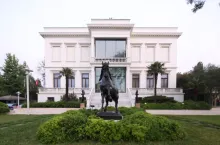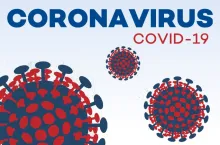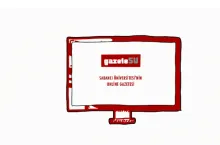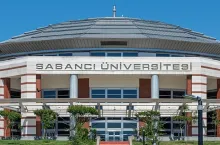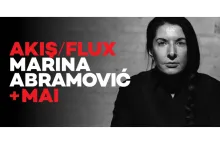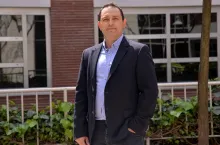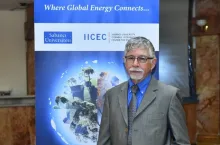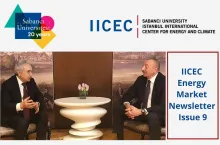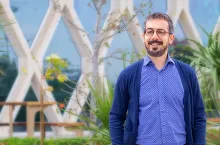As Sabancı University, we have been strictly following up the coronavirus (COVID-19) cases accepted by the World Health Organization as a global epidemic (pandemic) and warn our students and employees about the epidemic by taking all necessary precautions within our campus.
- As of 23 March 2020, online education has started in our university. All educational activities planned for the 2019-20 Spring semester will be carried out online.
- Our campus will be closed to visitors and students as of March 16, 2020.
- All educational units, dormitories, administrative units and commonly used areas have been disinfected and in order to prevent the virus from spreading the use of common areas is restricted in this period.
- All previously planned meetings in large halls such as the Performing Arts Center and the Cinema Hall have been cancelled until further notice.
It is very important that all individuals act responsibly and sensibly to protect themselves from this illness. We trust that all our students, will pay special attention to these points.
Courses
As of 23 March 2020, online education has started in our university. All educational activities planned for the 2019-20 Spring semester will be carried out online.
We will continue online education activities during 13-19 April 2020, the period at which the Semester Break was planned.
Arrangements related to the planning and the delivery method of the final exams will be shared with you in the coming days.
Campus
All educational units, dormitories, administrative units and commonly used areas have been disinfected and in order to prevent the virus from spreading the use of common areas is restricted in this period.
Our campus is closed to visitors and students. There will be no shuttle services.
Sports’ Center and halls, Information Center, bank and BAGEM will not provide service.
Health Center and the market will continue to provide service.
There are some rearrangements for dining hall to use. Only 2 people are allowed to sit at the 6-people table. 1 meters space between the lines should be kept while being served meals.
The delivery place for food orders from outside will be the main gate of the university.
Academic and Administrative Staff
All international travel arrangements of our academic and administrative staff, including those previously planned, have been canceled until a second announcement.
The "home office" working policy, which we launched for all our academic and administrative staff on 16 March 2020, has been extended until 30 April 2020.
Through this period, all work-related activities are expected to be carried out at home (if necessary by remote connection to the university network), and all personnel are expected to remain accessible via e-mail and phone, during working hours.
Events
In this respect, based on an administrative decision, all previously planned meetings in large halls such as the Performing Arts Center and the Cinema Hall have been cancelled until further notice.


